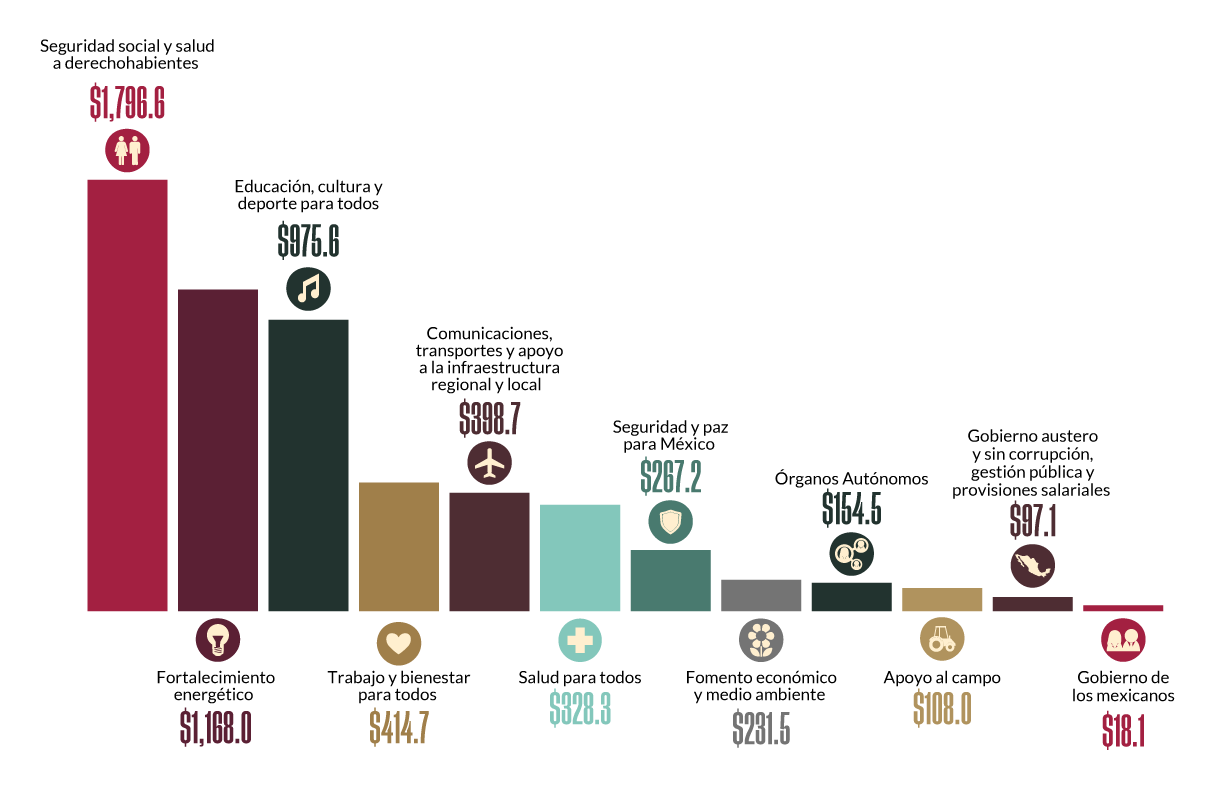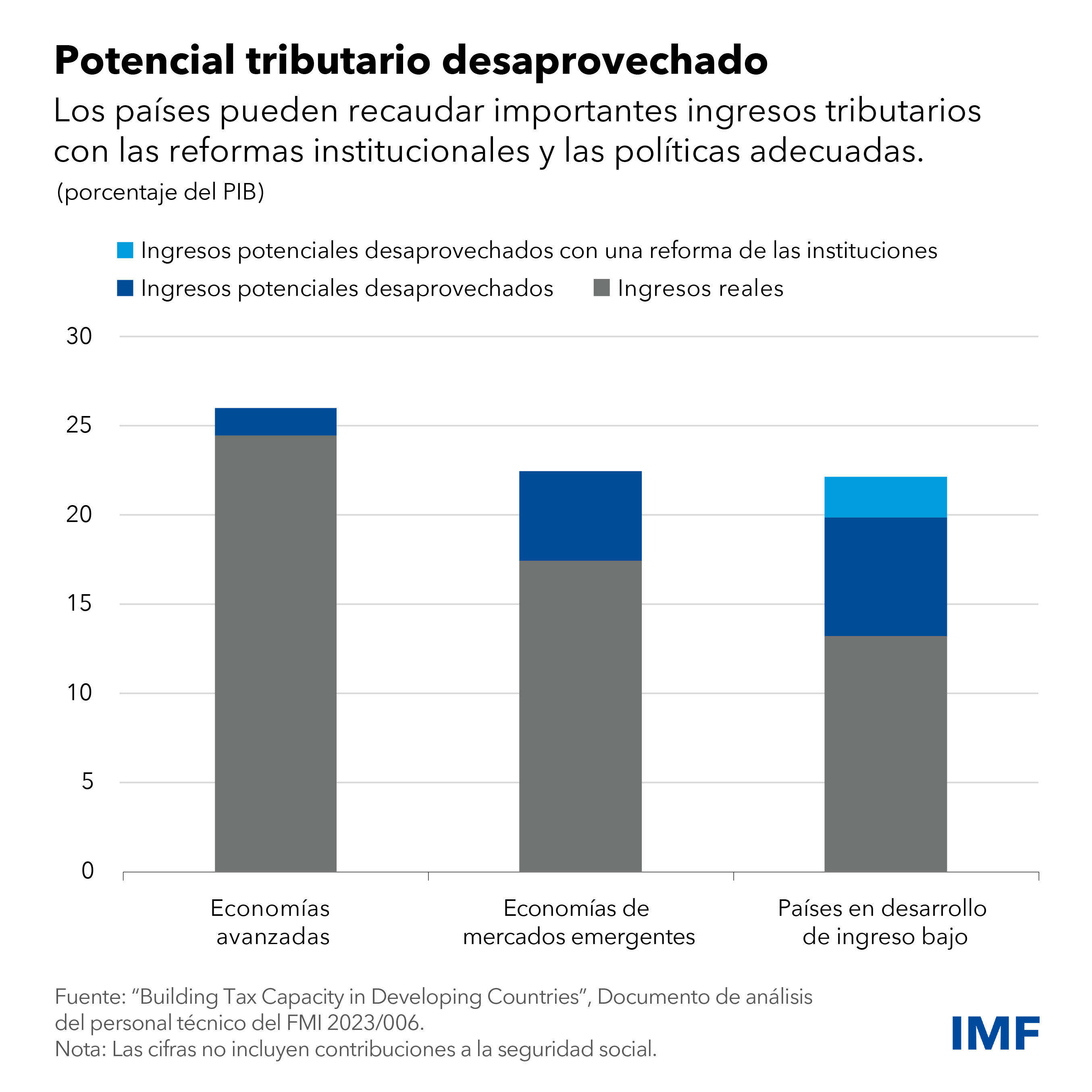
[Cómo Obtienen Ingresos Los Países Libres De Impuestos?]
Executive Summary

The notion of a truly “tax-free” country is a myth. No nation survives without some form of revenue generation. While some jurisdictions boast incredibly low tax rates or focus on specific revenue streams, they still implement mechanisms to fund government operations and public services. This article explores how countries with minimal or specialized taxation systems manage to fund themselves, debunking the misconception of a completely tax-free existence and examining the complexities of their fiscal strategies. We will delve into the various revenue sources, economic structures, and inherent challenges faced by these nations.

Introduction
The idea of living in a country with no taxes is alluring. Images of sun-drenched beaches and opulent lifestyles often accompany this fantasy. However, the reality is far more nuanced. While some countries boast exceptionally low tax burdens, achieving complete tax freedom is unsustainable. This article explores the various methods countries employ to generate income, even in the absence of traditional income tax, property tax, or sales tax. We will dissect the economic realities and potential pitfalls of such systems.
Frequently Asked Questions (FAQs)
Q: Do any countries truly have zero taxes? A: No. Every country needs revenue to operate. Even countries with extremely low tax rates rely on alternative revenue streams to fund government services.
Q: How do countries with low taxes fund their infrastructure? A: These countries often rely on a combination of strategic resource management, foreign investment, tariffs, and other indirect taxation methods.
Q: What are the potential drawbacks of a low-tax economy? A: While attractive to individuals and businesses, low-tax economies can sometimes suffer from underfunded public services, limited social safety nets, and potential economic instability.
Recursos Naturales y Exportaciones
Countries blessed with abundant natural resources like oil, minerals, or timber often rely heavily on export revenues. The sale of these resources to the global market forms the bedrock of their economies. This model, however, is inherently volatile, subject to fluctuations in global commodity prices and susceptible to external economic shocks.
- Commodity Prices: The price of exported resources directly impacts national revenue. Price volatility can cause significant swings in government income.
- Resource Depletion: Over-reliance on finite resources poses long-term sustainability concerns. Diversification becomes crucial to avoid future economic hardship.
- Global Demand: International demand for the exported resources influences the country’s economic health. Decreased demand can lead to significant economic downturns.
- Infrastructure Development: Efficient extraction, processing, and transportation infrastructure is essential to maximize revenue from natural resources.
- Environmental Concerns: Sustainable resource management is crucial to prevent environmental damage and ensure long-term economic viability.
- Foreign Investment: Attracting foreign investment in resource extraction can boost revenue and facilitate technology transfer.
Turismo y Servicios
Many low-tax jurisdictions thrive on tourism and the service sector. These economies attract visitors and businesses through appealing climates, tax benefits, and specialized services. While less susceptible to commodity price swings, these economies are vulnerable to global economic downturns and shifts in tourism trends.
- Tourism Infrastructure: A well-developed tourism infrastructure (hotels, transportation, attractions) is vital to attract and accommodate visitors.
- Marketing and Promotion: Effective marketing campaigns are crucial to promote the country’s tourism appeal to international markets.
- Service Diversification: Offering a variety of services beyond simple tourism (e.g., financial services, technology) creates greater economic resilience.
- Regulatory Environment: A stable and predictable regulatory environment is vital to attract foreign investment and encourage business growth in the service sector.
- Infrastructure Investment: Well-maintained infrastructure such as roads, airports and communications networks is essential.
- Skilled Workforce: A well-trained workforce is crucial for the service sector, particularly in areas like tourism and finance.
Inversiones Extranjeras y Capitales
Attracting foreign direct investment (FDI) is a critical strategy for countries aiming to supplement low or absent tax revenue. Offering tax incentives, a stable political environment, and well-developed infrastructure can attract significant international capital. However, this strategy also carries risks, including potential dependency on foreign investors and the vulnerability to global economic trends.
- Tax Incentives: Offering attractive tax breaks, such as tax holidays or reduced corporate tax rates, can incentivize foreign investment.
- Political Stability: A stable political climate and a predictable regulatory environment are crucial to encourage long-term investment.
- Infrastructure Development: Adequate infrastructure (transportation, communication, utilities) is essential to support foreign investment projects.
- Legal Framework: A clear and transparent legal framework protects investor rights and fosters a predictable business environment.
- Transparency and Governance: Strong anti-corruption measures and transparent governance attract responsible foreign investment.
- Economic Diversification: Relying solely on foreign investment can be risky; diversification into other sectors enhances resilience.
Zonas Económicas Especiales (ZEE)
Many countries establish Special Economic Zones (SEZs) to attract investment and stimulate economic activity. These zones often offer significant tax breaks, streamlined regulations, and other incentives to businesses operating within their boundaries. The success of an SEZ depends on effective management, clear regulations, and integration with the wider economy.
- Tax Incentives: SEZs typically offer significant tax benefits, such as reduced corporate tax rates or tax holidays, to attract businesses.
- Regulatory Framework: Streamlined regulations and efficient bureaucratic processes make it easier for businesses to operate within the SEZ.
- Infrastructure Development: Adequate infrastructure (transportation, utilities, communication) is essential to support business operations within the SEZ.
- Targeted Industries: Focusing on specific industries (e.g., technology, manufacturing) can attract specialized investments and create local expertise.
- Integration with Wider Economy: SEZs should be integrated with the broader economy to maximize their benefits and prevent the creation of isolated economic enclaves.
- Environmental Regulations: Sustainable environmental practices are vital to prevent negative environmental consequences of increased economic activity.
Tarifas y Aranceles
While not directly a substitute for broad-based taxation, tariffs and customs duties on imported goods can contribute significantly to government revenue. These are essentially taxes on imported products and can protect domestic industries while simultaneously raising revenue. However, tariffs can also lead to trade wars and higher prices for consumers.
- Tariff Levels: The level of tariffs imposed significantly influences the amount of revenue generated, but also the impact on trade.
- Import Substitution: Tariffs can protect domestic industries by making imported goods more expensive.
- Trade Agreements: International trade agreements can significantly influence the application and level of tariffs.
- Administrative Efficiency: Efficient customs procedures are vital to ensure effective tariff collection and minimize administrative costs.
- Trade Relations: High tariffs can strain trade relations with other countries, potentially leading to retaliatory measures.
- Consumer Prices: Tariffs can increase prices for consumers, potentially reducing their purchasing power.
Conclusion
The existence of a completely “tax-free” country is a fallacy. All nations require revenue to function. However, countries with minimal or specialized taxation systems employ a variety of strategies to generate income, including focusing on resource exports, developing tourism and service sectors, attracting foreign investment, establishing special economic zones, and implementing tariffs. While these strategies can be successful, they also present inherent challenges and risks, requiring careful management, diversification, and long-term planning to ensure economic stability and sustainable growth. The economic model of any nation is a complex equation with many variables, and a simplistic “no taxes” approach obscures the multifaceted realities of national fiscal management.
Keyword Tags
Tax-free countries, revenue generation, foreign investment, natural resources, special economic zones, tourism, tariffs.


